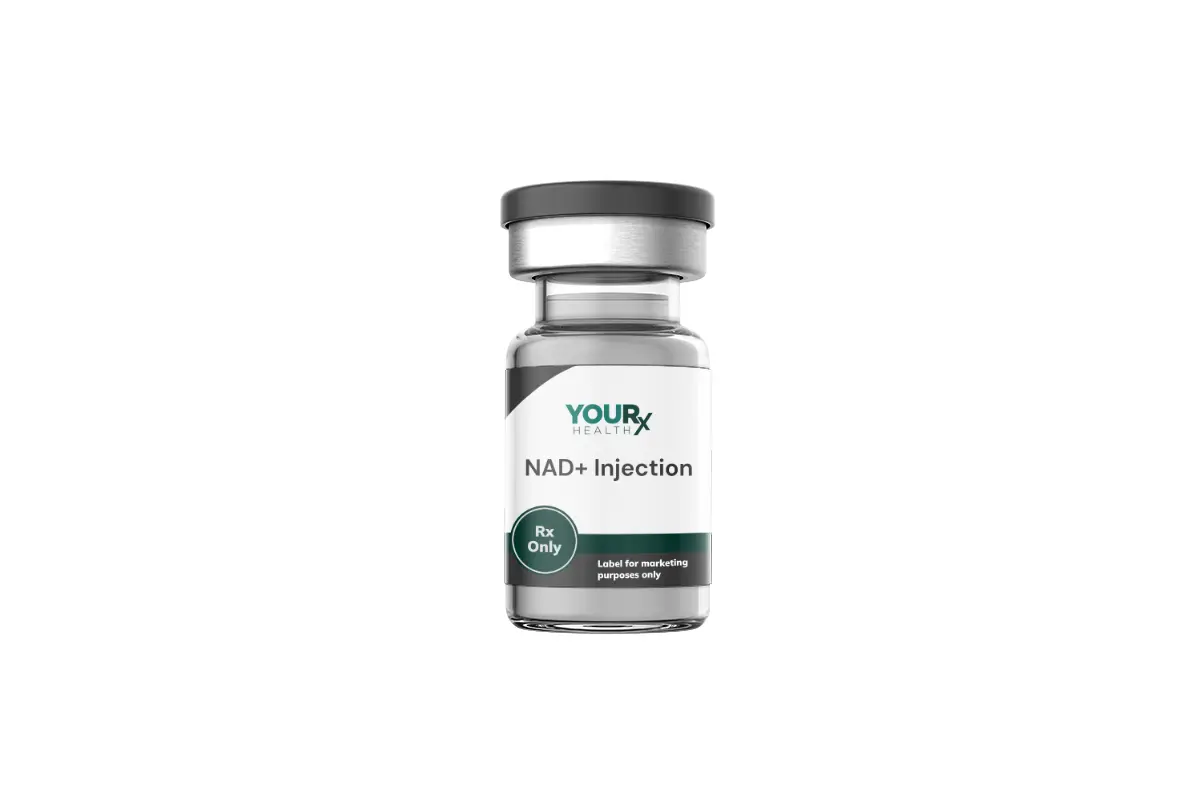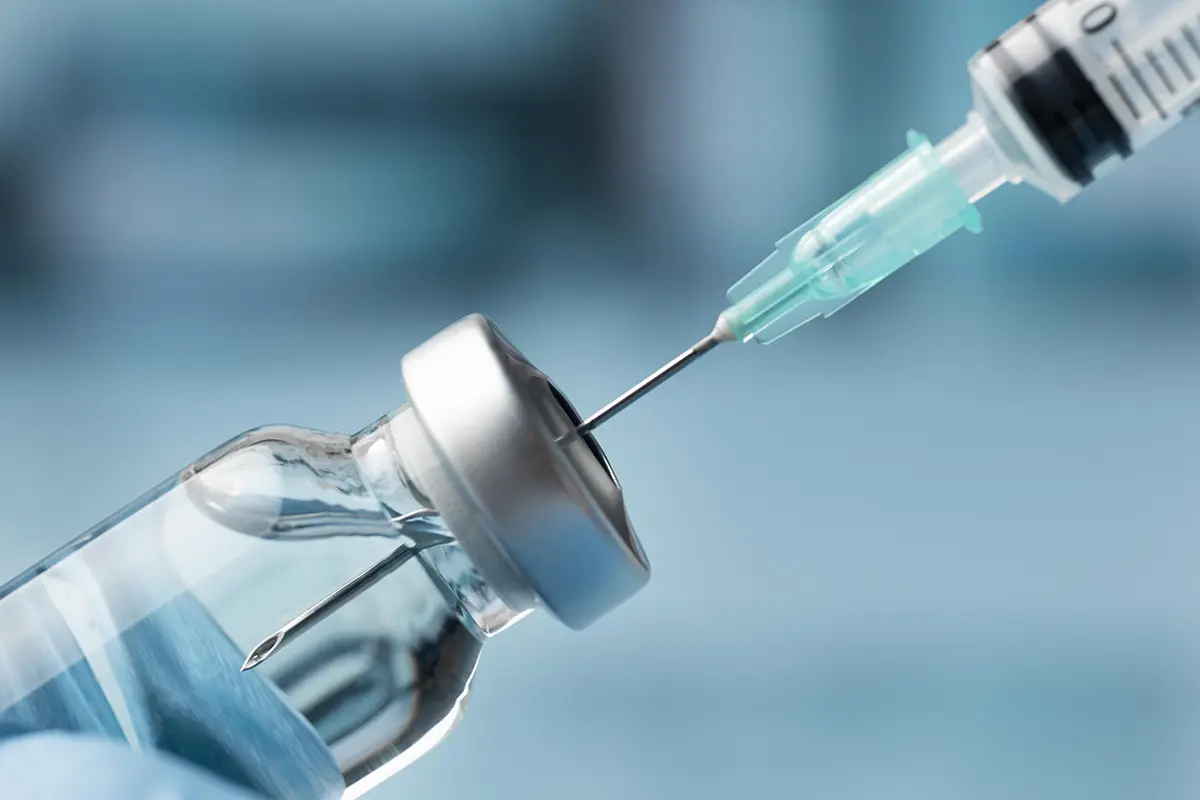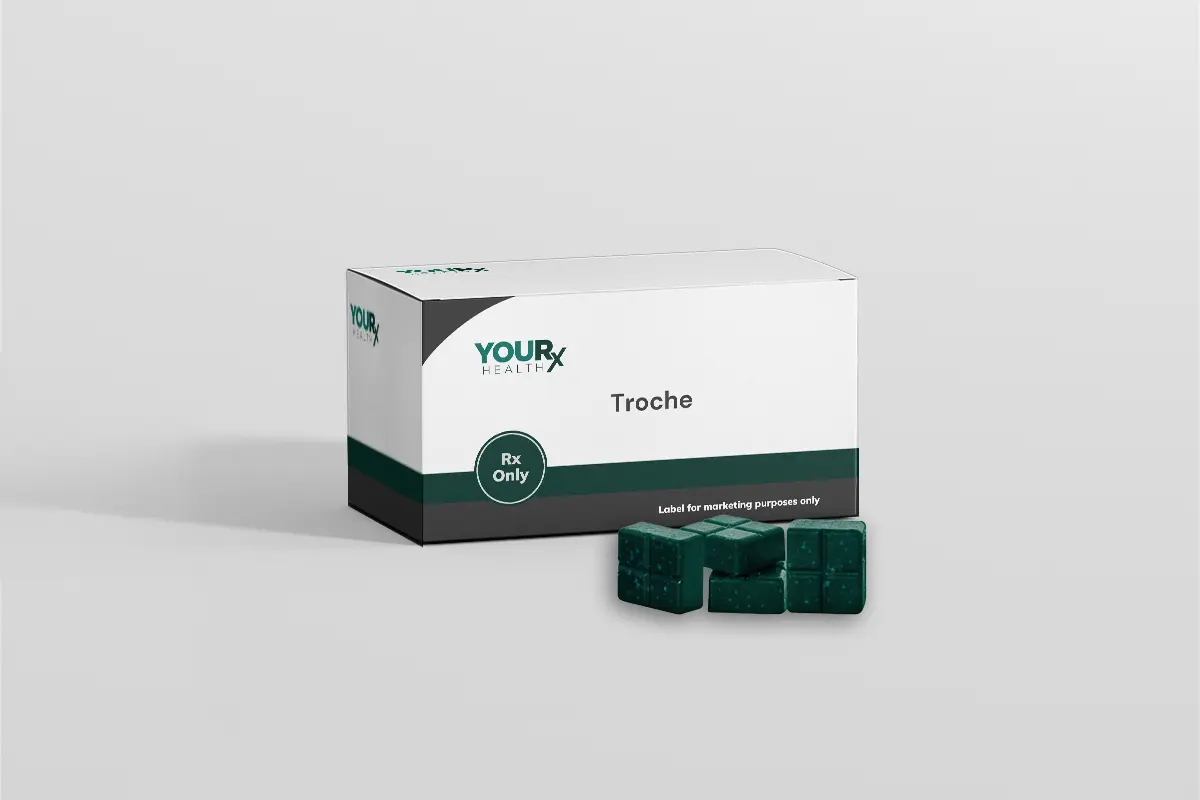
Written by
Clay Hall
PhD, MBA, NP-C
Cialis, known generically as tadalafil, is a well-known medication in the treatment of erectile dysfunction (ED). However, its benefits extend far beyond this primary use. Approved by the FDA in 2003, Cialis has since been recognized for its versatility in addressing multiple conditions, making it an important medication for various health challenges.
In this blog, we’ll explore Cialis’s uses, benefits, and considerations—not just for ED, but for other conditions like benign prostatic hyperplasia (BPH) and more.
What is Cialis?
Cialis is part of the phosphodiesterase type 5 (PDE5) inhibitors drug class. It works by relaxing smooth muscles and increasing blood flow in specific areas of the body. While it’s best known for treating ED, its unique mechanism has made it a valuable treatment for other conditions, expanding its applications in healthcare.
Benefits of Cialis Beyond ED
1. Treatment of Benign Prostatic Hyperplasia (BPH)
Cialis is FDA-approved to treat BPH, a condition in which the prostate gland enlarges and causes urinary symptoms. By relaxing the muscles in the prostate and bladder, Cialis can alleviate symptoms such as:
- Difficulty starting urination
- Weak urinary stream
- Frequent or urgent need to urinate, especially at night
Studies show that daily low-dose tadalafil (5 mg) significantly improves BPH symptoms within a few weeks.
2. Improved Athletic Performance (Experimental Use)
Research has suggested that Cialis may enhance exercise performance, particularly in individuals with pulmonary arterial hypertension (PAH). By increasing blood flow and improving oxygen delivery, it may help reduce fatigue and improve endurance. While not its primary indication, this is an emerging area of study.
3. Pulmonary Arterial Hypertension (PAH)
Tadalafil, at a higher dosage, is approved for treating PAH. It helps relax blood vessels in the lungs, lowering pulmonary blood pressure and improving the heart’s efficiency in pumping blood. For PAH patients, tadalafil can enhance their exercise capacity and quality of life.
4. Potential Cardiovascular Benefits
Some research suggests that PDE5 inhibitors like Cialis may have protective effects on the heart. By improving blood vessel flexibility and reducing arterial stiffness, Cialis could play a role in supporting cardiovascular health. However, this benefit remains under investigation and is not yet an approved indication.
5. Relief from Raynaud’s Phenomenon
Raynaud’s phenomenon causes some areas of the body, like fingers and toes, to feel numb and cold due to reduced blood flow. Emerging evidence shows that tadalafil might help by improving circulation and reducing vasospasms.
6. Psychological Benefits
Erectile dysfunction and BPH symptoms can significantly impact mental health and relationships. By addressing these conditions, Cialis may indirectly boost self-confidence, reduce anxiety, and enhance overall quality of life.
How Cialis Works
Cialis works by inhibiting the PDE5 enzyme, which helps relax smooth muscles and increase blood flow. This mechanism is why it effectively treats ED and has broader applications for conditions involving restricted blood flow or muscle tension.
Proper Usage and Dosage
Cialis is available in two formats:
- As-needed basis:
- For ED: Take 10-20 mg at least 30 minutes before sexual activity. Effects last up to 36 hours.
- Daily low-dose therapy:
- For ED or BPH: 2.5-5 mg once daily, regardless of timing related to sexual activity.
For PAH, a higher dose (40 mg daily) may be prescribed. Always follow your doctor’s instructions.
Potential Side Effects
Like all medications, Cialis can cause side effects, including:
- Headache
- Flushing
- Back pain
- Muscle aches
- Nasal congestion
- Indigestion
Rare but serious side effects include sudden vision or hearing loss and priapism (a prolonged erection). Contact a healthcare provider if you experience any severe reactions.
Who Should Avoid Cialis?
Cialis may not be suitable for everyone. Avoid it if you:
- Take nitrates for heart conditions, as it can cause a dangerous drop in blood pressure.
- Have severe liver or kidney disease (consult a doctor for adjusted doses).
- Are taking medications that interact with tadalafil, such as alpha-blockers or antifungal drugs.
Conclusion
Cialis is more than just an ED medication—it’s a versatile tool in modern medicine. From managing BPH and PAH to potentially improving cardiovascular health and athletic performance, tadalafil offers a range of benefits that enhance the quality of life for many individuals.
If you’re considering Cialis, consult with a healthcare provider to determine whether it’s the right option for your needs.
References
- “FDA Approval of Cialis for Multiple Indications.” U.S. Food & Drug Administration.
- Oelke, M. et al., “Tadalafil in the Treatment of Benign Prostatic Hyperplasia: A Review.” Journal of Urology, 2019.
- Mayo Clinic. “Cialis (Tadalafil): Uses, Dosage, and Safety.”
- “Potential Cardiovascular Benefits of PDE5 Inhibitors.” American Heart Journal, 2021.
- NIH. “Tadalafil: MedlinePlus Drug Information.”




